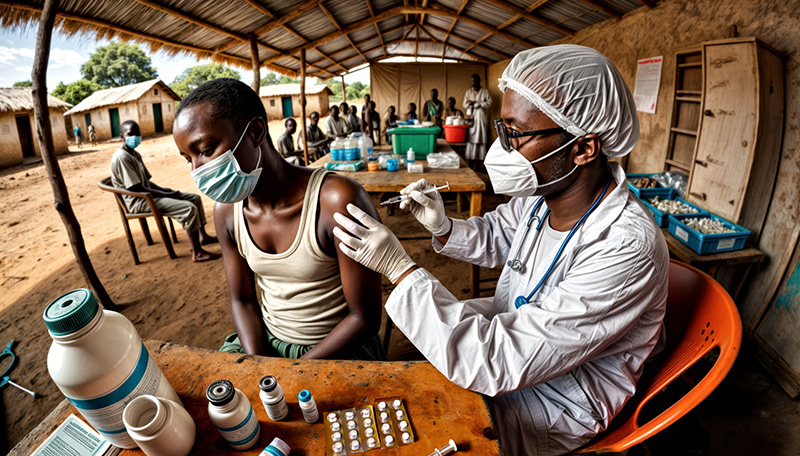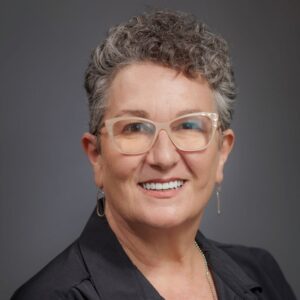First announced in 2023, this story was updated in September 2025 to highlight progress made in the two years since Project ECHO’s designation as a WHO Collaborating Center.
Project ECHO’s designation as one of the newest World Health Organization Collaborating Centers, and the very first Center for Digital Learning in Health Emergencies, is much more than a title.
In Africa, Project ECHO and WHO partnerships have shown the capacity to meet health demands across incredibly complex systems—including governmental bodies, local aid, community knowledge and stakeholders—and often limited resources in highly rural settings.
Project ECHO understands the world deserves better care. As a WHO Collaborating Center for Digital Learning in Health Emergencies, Project ECHO partners to ensure every person has a chance to receive equitable health care, and to thrive.
Creating Impact with Digital Learning
In the five years since the onset of the COVID-19 pandemic, the World Health Organization and Project ECHO have an ongoing collaboration to offer programs combating health emergencies and sharing best practices for practitioners working in remote, often isolated settings, at a scale never before available to these care providers. Health care providers have logged more than 260,000 attendances in 635 digital learning sessions, with instruction offered in 11 languages.
Strengthening Systems of Response
Now as an official Collaborating Center, the focus of the WHO and Project ECHO partnership has sharpened toward the WHO’s critical, long-term goals.
To promote digital learning that strengthens emergency response, ECHO is delivering digital learning solutions for all 194 WHO member states and supporting intensive workforce capacity building that enables equity in WHO-backed learning and provider training across regional and local contexts. The collaboration also continues to prioritize access to training in low-resource and vulnerable settings, where digital learning is helping expand reach, build resilience and improve preparedness in real time.
Project ECHO and WHO collaborate on programs including: emergency response, immunizations, infection prevention and control, nursing and midwifery, and public health laboratory support and antimicrobial resistance.
About WHO Collaborating Centers
WHO Collaborating Centers—such as research institutes, parts of universities or academies—are designated by the WHO Director-General to carry out activities in support of the organization’s programs. There are more than 800 WHO Collaborating Centers in 80 member states working on: chronic diseases, communicable diseases, health technologies, mental health, nursing, nutrition, and occupational health.
Project ECHO’s WHO Collaborating Center is empowering providers to deliver life-changing care in underserved communities worldwide, email the Global Health Initiatives Team at Project ECHO to learn more.
Featured Image Credit: Mpox Vaccination in Africa ®Adobe Stock (AI generated)


